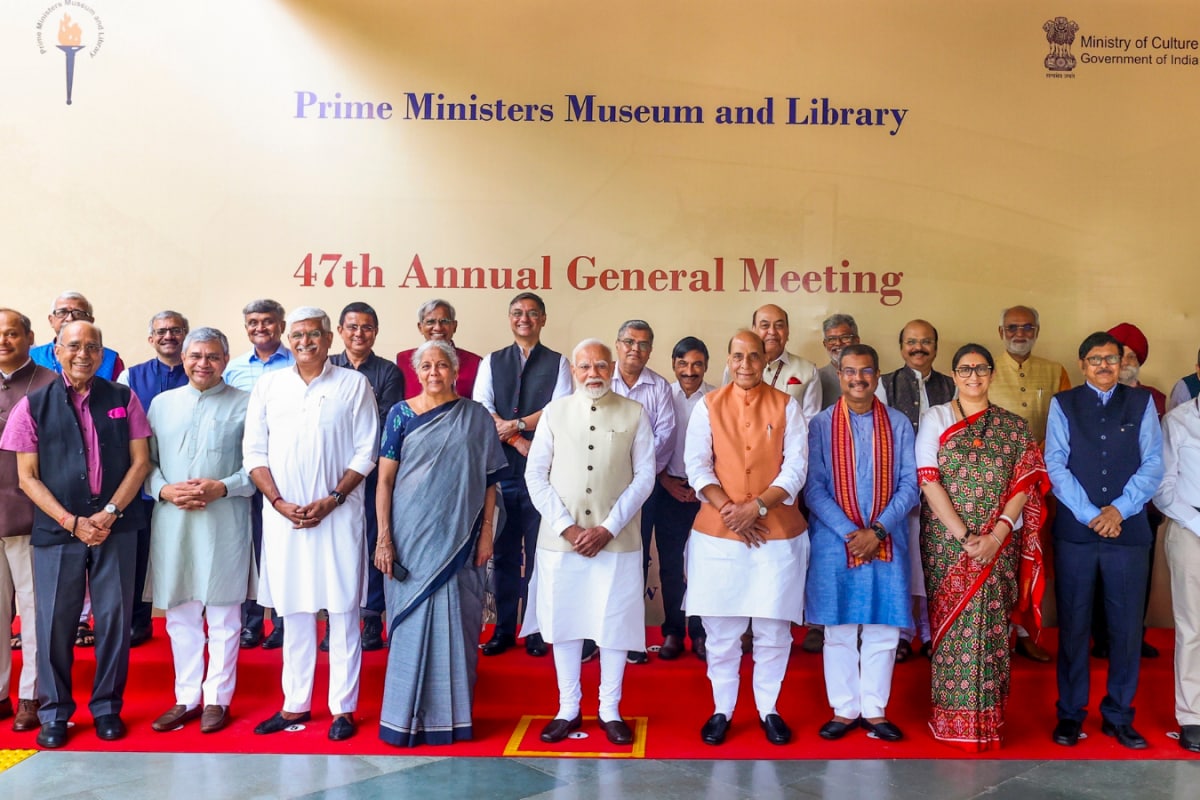

As the nation approaches the 50th anniversary of the Emergency, Prime Minister Narendra Modi has directed the compilation and preservation of all legal records pertaining to that tumultuous period in India's history. This directive, issued on Monday, June 23, 2025, aims to ensure that future generations and researchers can study and understand the Emergency without difficulty.
The Prime Minister emphasized the importance of systematically preserving these records, stating that they hold immense value for understanding a critical juncture in India's democratic journey. The Emergency, imposed by then Prime Minister Indira Gandhi on June 25, 1975, and lasting until March 21, 1977, remains a controversial and defining period in Indian politics.
PM Modi issued the directive while chairing the 47th Annual General Meeting of the Prime Ministers Museum and Library (PMML) Society in New Delhi. During the meeting, he also proposed developing a "Museum Map of India," envisioned as a comprehensive national database of all museums in the country. This database would incorporate key metrics such as footfall and quality standards, enhancing the cultural and informational landscape accessible to the public.
The compilation of legal records related to the Emergency aligns with the government's broader efforts to commemorate the 50th anniversary of the event. The ruling BJP has been vocal in its criticism of the Emergency, often highlighting it as a stark example of the Congress party's subversion of basic freedoms and disregard for the Constitution.
Beyond preserving historical records, PM Modi stressed the significance of museums in general, noting their power to convey history and generate public interest. He advocated for continuous efforts to enhance the prestige of museums in society and proposed initiatives to engage younger generations, such as forming committees of individuals under 35 from each state to bring fresh perspectives to museum management.
The Emergency years witnessed widespread suppression of dissent, with civil liberties curtailed, press freedom stifled, and thousands of political opponents imprisoned. Landmark judgments and legal battles arose during this time, shaping the course of Indian jurisprudence and constitutional law. Compiling these records will provide valuable insights into the legal challenges and constitutional questions that arose during the Emergency, as well as the responses of the judiciary and legal fraternity.
This initiative to compile Emergency-era legal records complements other efforts to document and analyze this period. As the 50th anniversary approaches, discussions and debates surrounding the Emergency are likely to intensify, prompting reflection on its lessons and implications for contemporary India. By preserving these records, the government aims to facilitate informed and evidence-based discussions, ensuring that the legacy of the Emergency is understood in its full complexity.